About DRIVE CP
Having a baby with cerebral palsy can feel overwhelming, but we’re here to find ways to make life easier and brighter for babies with cerebral palsy, right from the start.
This program involves a team of experts using the latest technology to make sure babies get the best care possible.
Design of the DRIVE CP program has been guided by listening to what families have told us they need and want and the priorities in the Australian New Zealand CP Strategy to:
When we help babies with CP learn and move as early as possible, we can reduce the severity of symptoms. Early support can make a difference between helping someone to walk, stand, eat and do everyday life tasks with, or without, assistance.
DRIVE CP not only brings practical, researched solutions but also brings hope to people and families living with CP by:
We are changing how we see and treat cerebral palsy. Until recently, people thought cerebral palsy always came from unavoidable brain injuries in babies. But now, thanks to collaborative research efforts, things are changing. Cerebral palsy rates have dropped by 40% in Australia, one of the lowest in the world. We’ve also seen less severe presentations, which means fewer kids need wheelchairs and have fewer associated problems like epilepsy.
We’ve also made big strides in diagnosing cerebral palsy early. Our new guidelines, using a combination of widely known tests including brain scans, are super accurate, diagnosing 98% of people with CP. This means we can start helping babies within their first six months.
We’ve challenged old ways of doing things with our research. We found that starting motor training early works much better than waiting. And we’re not just helping in Australia; we’re reaching out to other countries, especially where help is needed most.
At DRIVE CP, we’re not just doing research; we’re changing lives. Our work has influenced how cerebral palsy is treated in 32 countries, making things better for people with cerebral palsy everywhere.
At DRIVE CP, we believe that the voices of those with lived experience are not only valuable but essential in shaping our research and initiatives. That’s why we actively involve individuals with lived experience in every step of the process. From co-designing research, to co-creating resources and jointly communicating findings.
We’re partnering with people with lived experience to ensure that our shared work is relevant, meaningful, and impactful.
By encouraging active involvement from start to finish, we’re not just sharing a variety of viewpoints, but also nurturing a feeling of ownership and empowerment. Together, we’re leading the way towards positive transformation, shaping a future where everyone impacted by cerebral palsy is included and empowered to contribute.
At DRIVE CP, we’re embarking on an exciting journey of discovery, focusing on three key phases of research to address pressing priorities set by people with lived experience.
Our first phase focuses on providing early, intense interventions to reduce cerebral palsy severity. Collaborating with parents and experts, we’re customising movement interventions for newborns to assess their effectiveness in minimising severity.
We’re also examining the short and medium-term effects of sustained interventions in the first 2000 days of life and testing social interventions in areas like speech and vision, along with parent support. Considering costs, we’re ensuring accessibility for all families.
In our second phase, we’re refining tools to predict cerebral palsy severity and related symptoms, with a focus on culturally sensitive approaches for Aboriginal and Torres Strait Islander communities and people in low- and middle-income countries.
We’re collaborating on international clinical practice guidelines and developing predictive tools to forecast outcomes early and accurately.
Furthermore, we’re evaluating the value and efficacy of our neonatal MRI toolbox to enable timely diagnosis and prediction of outcomes for every baby.
In our final phase, we’re focused on universal screening for earlier diagnosis before 12 months of age. Using innovative methods like baby movement trials and digital tools, we’re collecting extensive data to improve early detection.
Our commitment extends beyond research to implementing our findings in health policy. By collaborating with stakeholders, we’re ensuring global impact. DRIVE CP is also dedicated to nurturing the next generation of CP researchers through mentorship and grants, empowering them to innovate.
With input from those with lived experiences and cutting-edge research, we’re creating a future where every baby thrives. Join us in this transformative journey.
Get ready for groundbreaking research that will set new standards in early childhood intervention. These clinical trials mark the world’s first exploration into very early multimodal motor interventions and high-intensity early childhood studies within the crucial first 2000 days of life. Stay tuned as we unveil pioneering approaches that have the potential to transform outcomes for children and families worldwide.
DRIVE CP brings together some of the best experts in cerebral palsy from all around the world. It means that we’ve got some of the greatest minds working together to find the best ways to help babies with cerebral palsy. Together, we’re making big strides, and we’re honoured to work with families, clinicians, researchers, and policymakers on this journey!
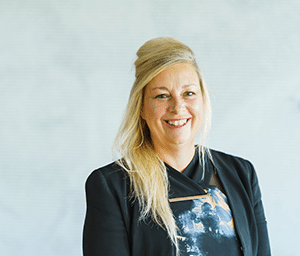
Cerebral Palsy Alliance Chair of Allied Health, Sydney School of Health Sciences, The University of Sydney.
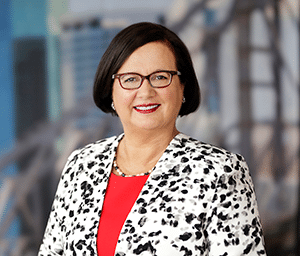
Scientific Director, QLD Cerebral Palsy & Rehabilitation Research Centre (QCPRRC), Faculty of Medicine, The University of Queensland.
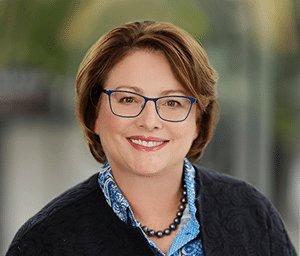
Principal Research Fellow, Queensland Cerebral Palsy and Rehabilitation Research Centre, Faculty of Medicine, The University of Queensland.
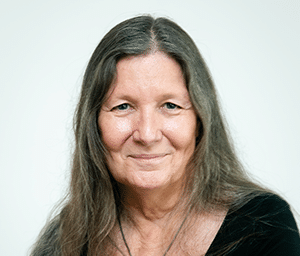
Principal Research Scientist, Neurodevelopment & Plasticity Team Lead, Australian e-Health Research Centre, CSIRO.
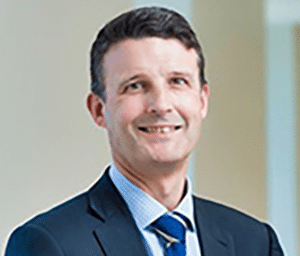
Head of Child Neurology Monash Children’s Hospital, Director Neurogenetics, Monash Paediatrics, Monash University.
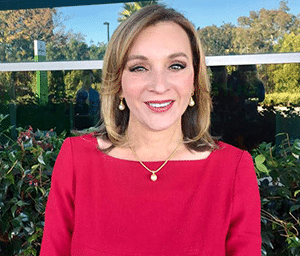
CP Alliance Chair of Cerebral Palsy Research, The University of Sydney Medical Director and co-Head Grace Centre for Newborn Intensive Care, The Children’s Hospital at Westmead.
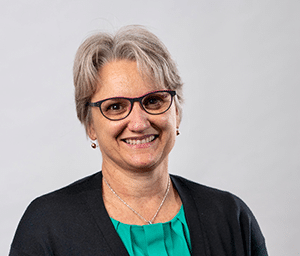
Senior Health Economist, UQ Health Services Research Centre, Faculty of Medicine, The University of Queensland.
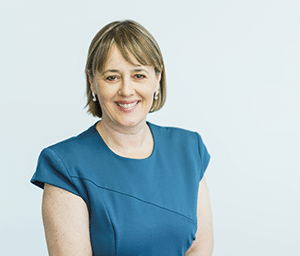
Program Lead, Early Detection and Intervention, Cerebral Palsy Alliance Research Institute, Faculty of Medicine and Health, School of Medicine, The University of Sydney.
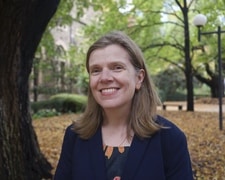
Associate Dean Research, Faculty of Medicine, Dentistry and Health Sciences, The University of Melbourne. Murdoch Children’s Research Institute.
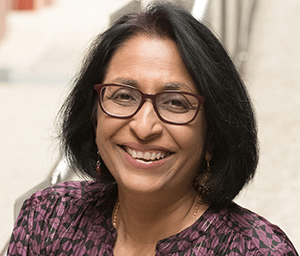
Co-Director Applied Artificial Intelligence Institute (A2I2), Deakin University.
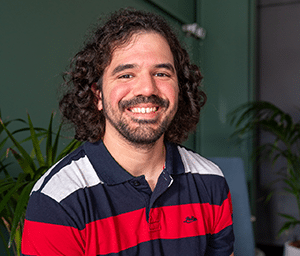
Research Fellow, Applied Artificial Intelligence Institute (A2I2), Deakin University.
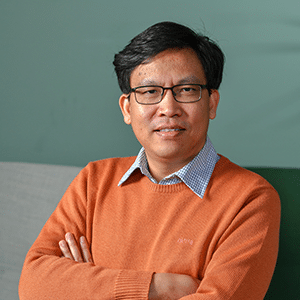
Head of Health, AI and Science, Applied Artificial Intelligence Institute (A2I2), Deakin University.
Associate Investigators to come.
Post-Doctoral Researchers to come.
PhD Students to come.
Watch this space for news and upcoming events.
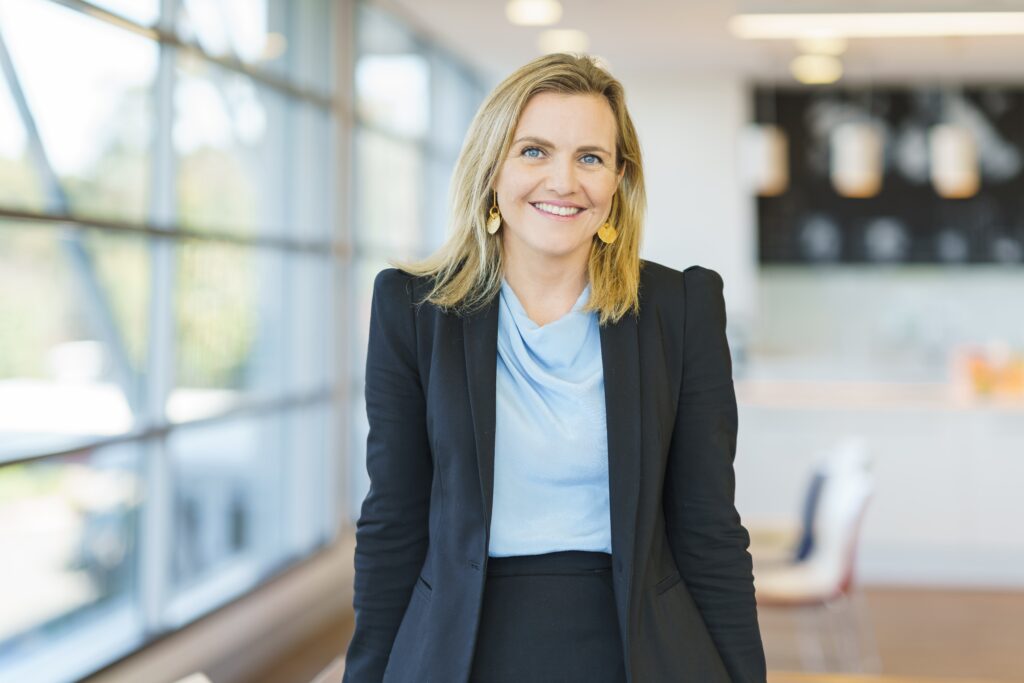
Maria Mc Namara
Adjunct Associate Professor, DRIVE CP Program Manager
drivecp@cerebralpalsy.org.au
Cerebral Palsy Alliance Research Institute, Brain and Mind Centre, The University of Sydney
Get the latest news, articles, and resources.